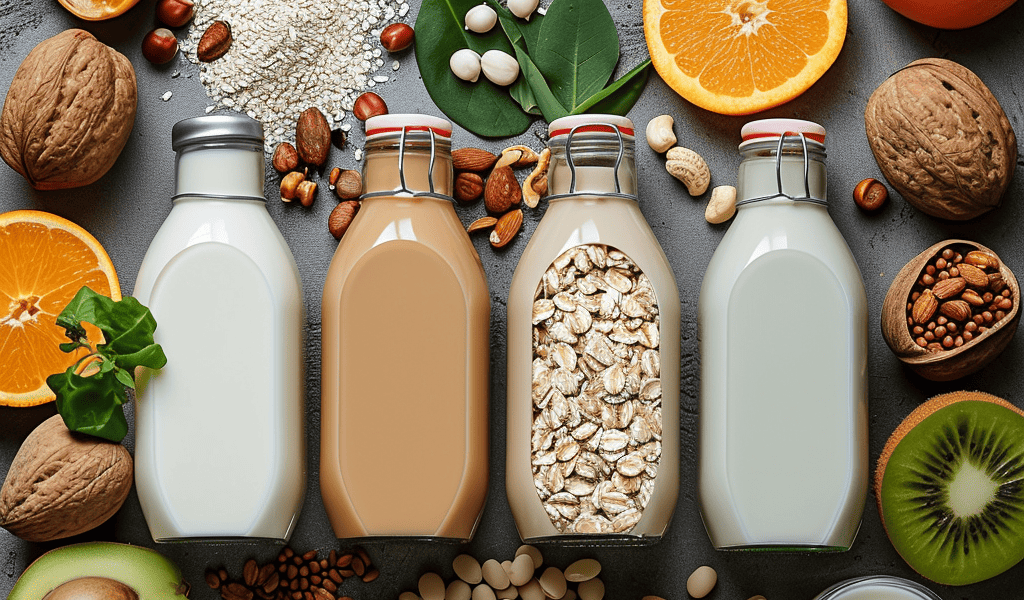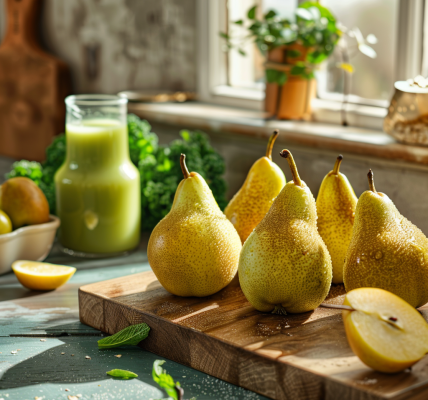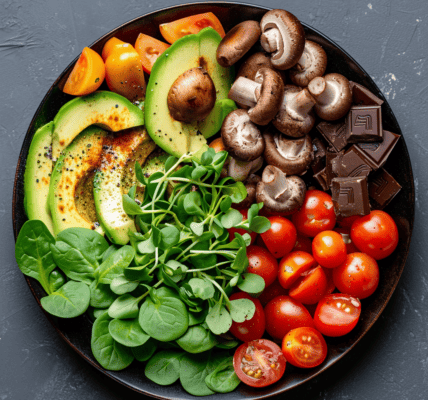Is Plant-Based Milk Healthier Than Dairy Milk?
By Taylor Ann Spencer | Published: January 11, 2024 11:33 AM EST
There’s no denying it: plant-based milk is a grocery store staple. With new varieties constantly hitting the shelves (macadamia! hemp! pea!), it’s starting to feel like there’s nothing out there we haven’t milked. Many of these alternative milks thrive on the assumption that they are nutritionally superior to dairy milk. But are they really?
To get to the bottom of the non-dairy debate, I consulted two nutritionists and looked at multiple scientific studies. Here’s everything you need to know about whether that $7 pint of cashew milk is really worth the nutritional hype.
The Dairy Defendant
Before we talk about plant-based milk, let’s look at the thing it’s trying to replace: dairy milk. According to Ally Mast, RDN, dairy milk is a “mix of carbohydrates, high quality protein, and…fat.” It’s also a “good source of calcium and vitamin D,” both of which work together to build and maintain healthy bones, as well as potassium, which “can help with blood pressure management.” Beyond this, Kim Yawitz, RD, owner of Two Six Fitness in St. Louis, says that dairy milk contains many other “essential nutrients, including…phosphorus, riboflavin, vitamin A, (and) vitamin B12,” and has been linked to “healthier gut bacteria (and) lower cholesterol.” In other words, dairy milk has some serious nutritional street cred.
There are a few potential drawbacks: dairy milk contains saturated fat and lactose sugar, which are both unhealthy if consumed in excess. But the amounts vary depending on the fat percentage of the milk you choose, and even eight ounces of whole milk, which contains eight grams saturated fat and 12 grams sugar, is not a terrible nutritional decision once in a while. So the case for the dairy milk is still pretty strong.
The Plant-Based Challenger
There are a few obvious advantages to plant-based milk. As Yawitz points out, it’s a “safe alternative for people with dairy allergies or lactose intolerance.





